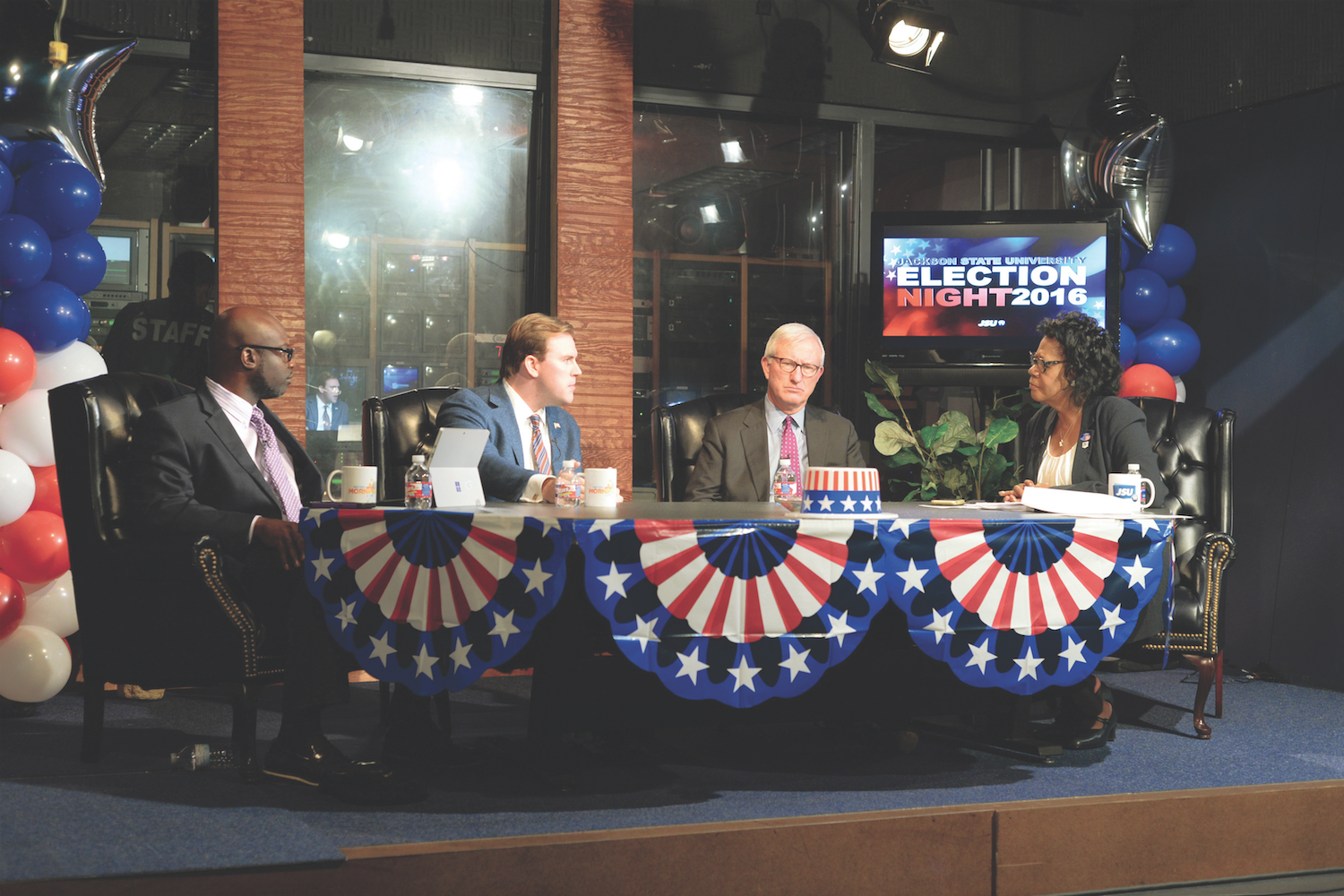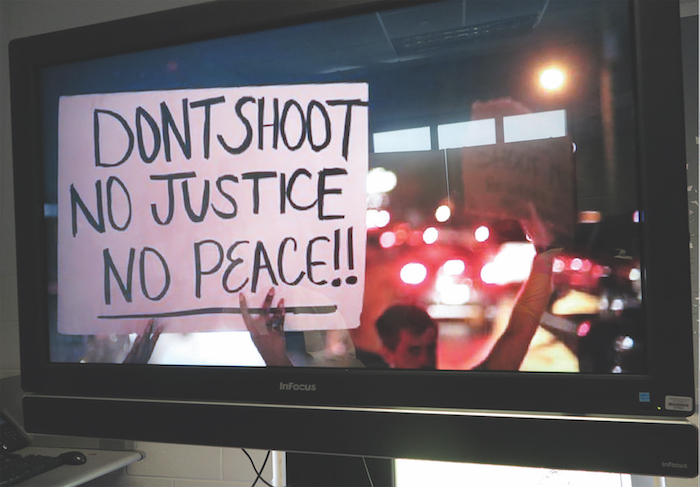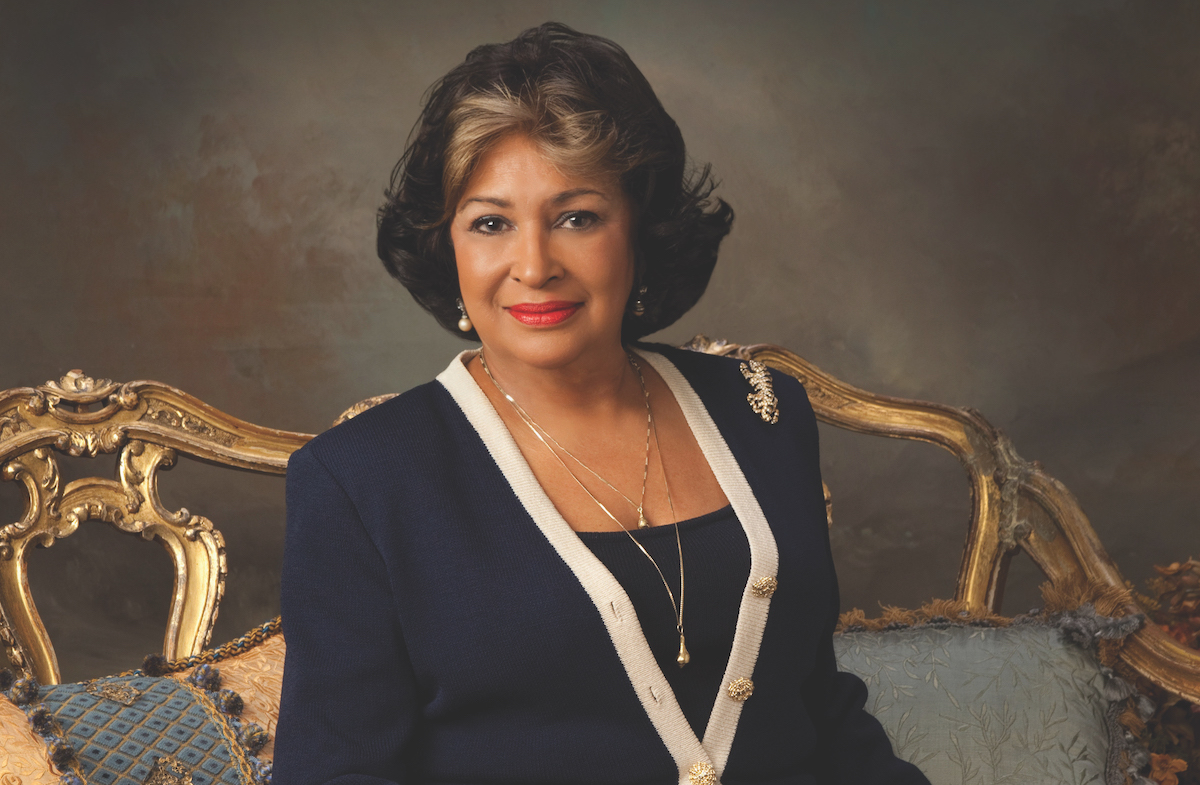Jackson State University has a rich history of faculty publishing scholarly work and contributing to the body of knowledge in various disciplines.
Dr. Robert E. Luckett Jr., assistant professor of history and director of the Margaret Walker Center for the Study of the African-American Experience, explores the civil rights movement in his new book, “Joe T. Patterson and The White South’s Dilemma: Evolving Resistance to Black Advancement,” (University Press of Mississippi). It explores segregationist strategies for offsetting the advances of the movement and details how white resistance operated and adapted to the sweeping forces of racial change.
 Luckett, a Mississippi native, received his Ph.D. from the University of Georgia with a focus on civil rights movement history. His research has appeared in “The Civil Rights Movement in Mississippi” (University Press of Mississippi), as well as in numerous journal articles.
Luckett, a Mississippi native, received his Ph.D. from the University of Georgia with a focus on civil rights movement history. His research has appeared in “The Civil Rights Movement in Mississippi” (University Press of Mississippi), as well as in numerous journal articles.
His book chronicles Patterson’s work as Mississippi’s attorney general from 1956 to 1969, leading the legal defense for Jim Crow in the state. Patterson was inaugurated for his first term two months before the launch of the Sovereignty Commission, which was established “to protect the sovereignty of Mississippi from encroachment thereon by the federal government.” The commission also made manifest a century-old states’ rights ideology couched in the rhetoric of massive resistance.
Despite the dubious legal foundations of that agenda, Patterson supported the organization’s mission from the start and served as an ex-officio leader on its board for the rest of his life.
According to the book, Patterson was also a member of the segregationist Citizens’ Council and, in his own words, had “spent many hours and driven many miles advocating the basic principles for which the Citizens’ Councils were originally organized.” Few doubted his Jim Crow credentials until September 1962, when the University of Mississippi was integrated by James Meredith.
Yet even after the Supreme Court decreed that Meredith must enter the university, Patterson opposed any further desegregation and despised the federal intervention at Ole Miss, the book explains. Still, he faced a dilemma that confronted all white Southerners: how to maintain an artificially elevated position for whites in Southern society without resorting to violence or intimidation. Once the Supreme Court handed down its decision in Meredith v. Fair, the state attorney general walked a strategic tightrope, looking to temper the ruling’s impact without inciting the mob and without retreating any further.
Patterson and others sought pragmatic answers to the dilemma of white Southerners, not in the name of civil rights but to offer a more durable version of white power. His finesse paved the way for future tactics employing duplicity and barely yielding social change while deferring many dreams.
Joe T. Patterson and The White South’s Dilemma: Evolving Resistance to Black Advancement” by Robert E. Luckett Jr. (University Press of Mississippi, 304 pages), $65











Leave a Reply